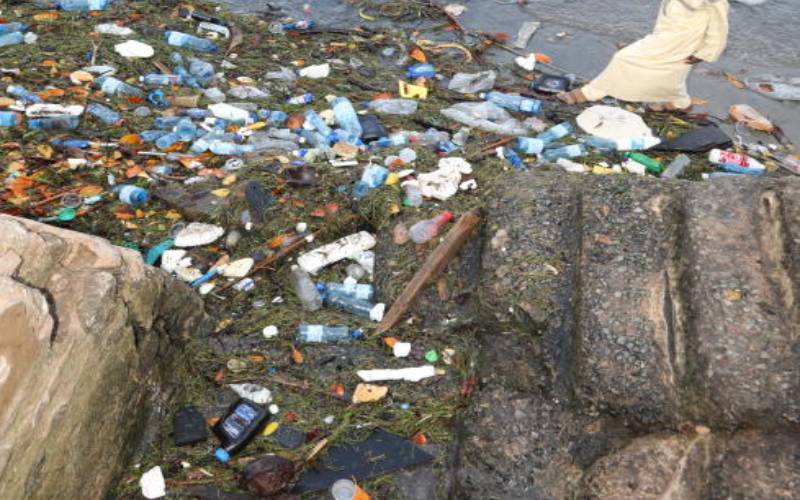×
The Standard e-Paper
Fearless, Trusted News

The law banning single use plastics in national parks, along beaches, in forests and conservation areas comes into effect this Friday.
The ban on plastic bottle, plate, cup, among others, was announced by President Uhuru Kenyatta during the Women Deliver 2019 Conference in Vancouver, Canada.